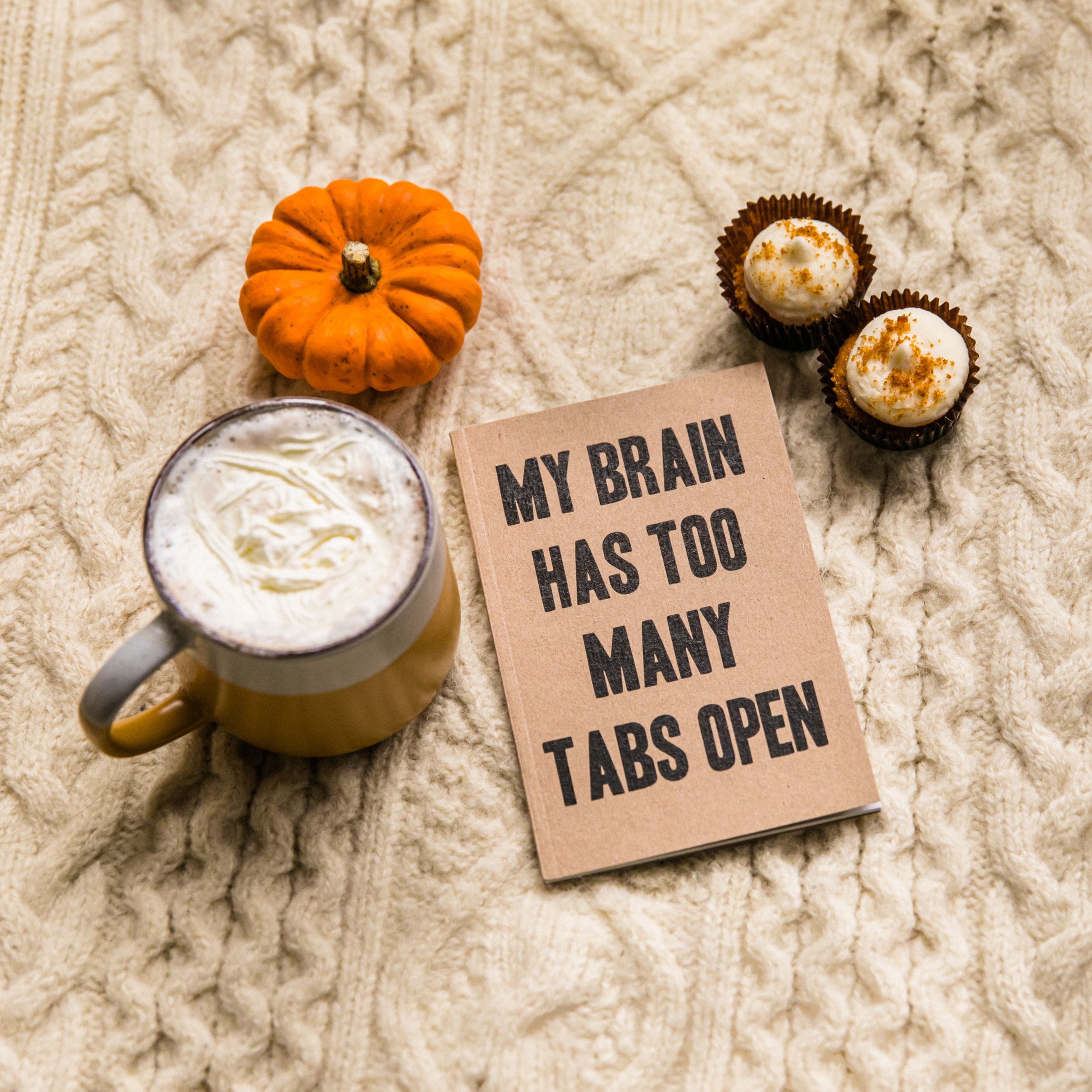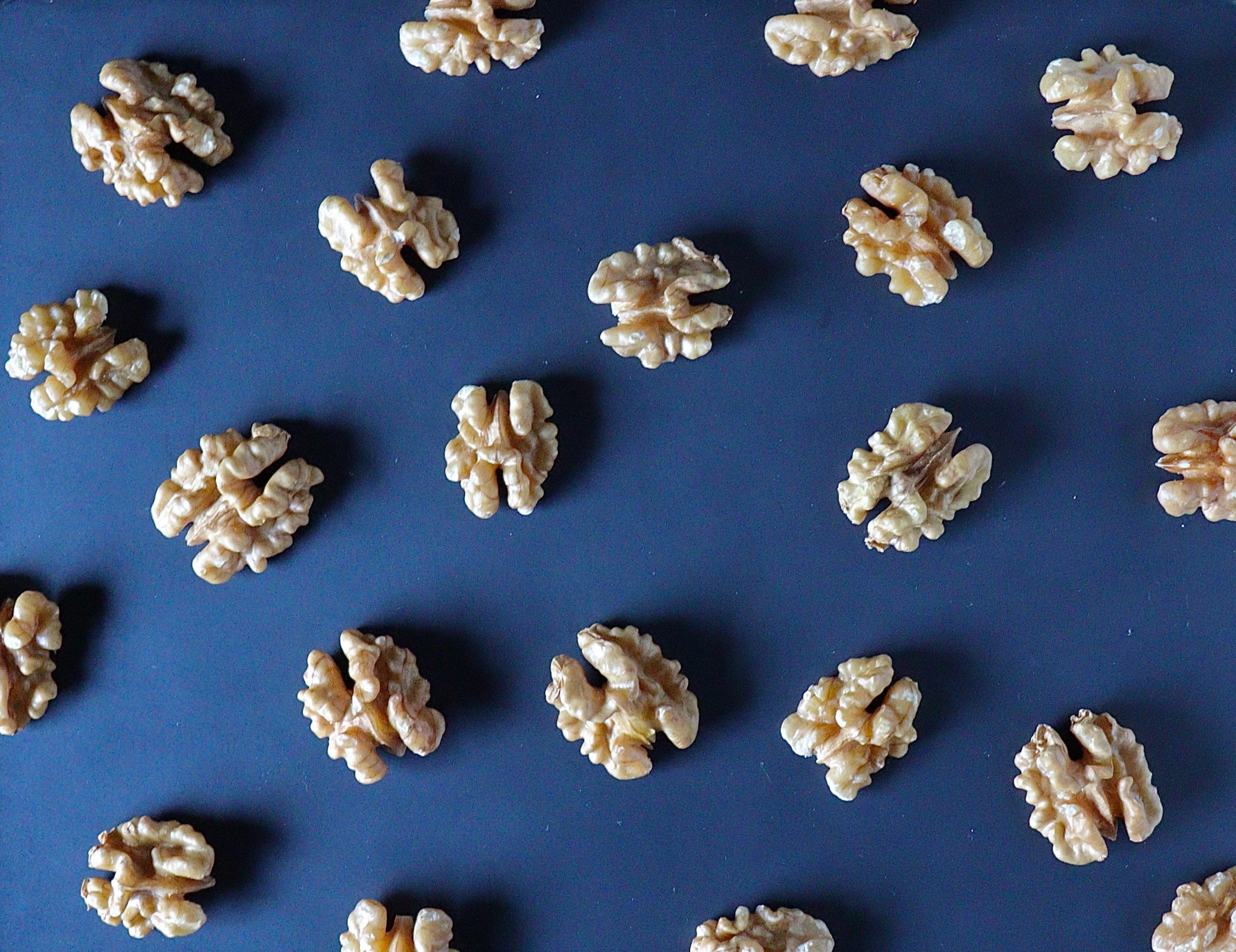The following post is #1 in our 4-part series on Memory Loss
An Overview
Dementia is not a disease, but a term used to describe a set of symptoms related to cognitive decline. To be considered dementia, cognitive impairment must affect at least two of the following areas: memory, thinking, language, judgement and behaviour. Dementia usually begins slowly and worsens over time, impacting the persons social interactions, work life and relationships.
Alzheimer’s is a degenerative brain disease and the most common form of dementia, affecting a staggering 33 million people worldwide. It is often thought that Alzheimer’s cannot be prevented, slowed or even reversed but we now know that this is plain myth.

Causes of Cognitive Decline
Mild memory loss can be linked to stress, anxiety, depression, pain, lack of sleep, lack of exercise or dehydration. Other risk factors for poor memory include:
*Allergies
*Hormones – hypothyroidism and low oestrogen levels
*Environment/toxicity including mercury toxicity
*Infections
*Metabolic disorders like hypoglycaemia
*Nutrient deficiency including iron, essential fatty acids, B-12 and magnesium
*Chronic inflammation; and
*Oxidative stress
Dementia can be genetic; however, it can also be associated with the following:
*Diabetes
*Heart-disease
*Stroke
*Stress
*Structural brain disorders
*Traumatic brain injuries
*Vascular disorders
*Chronic alcohol and drug use; and
*Side effects from medications
Cognitive decline is ultimately caused by damage to brain cells specifically, through amyloid plaques and neurofibrillary tangles in the brain.
Amyloid plaques are caused when a protein called beta-amyloid aggregates in the spaces between nerve cells. This aggregation causes neurons to die. The degenerated neurons and the aggregated beta-amyloid proteins mix together into a plaque in an attempt to protect the brain from chronic infection and inflammation. These cannot be broken down or removed by the body, so they accumulate in the brain reducing the response of the brain’s chemical messengers. This is known as amyloidosis and is linked to many neurodegenerative diseases including Alzheimer’s.
Once believed to be a disease of the brain, it is becoming increasing understood that AD is a systemic disease affecting the brain. That discrepancy might seem subtle to most, but it is revolutionary when it comes to approaches to treatment.
Prevention and treatment
It has been estimated that as much as one third of dementia cases could have been prevented through better lifestyle and wellbeing choices.
Diet, vitamin and herb supplementation, exercise, reducing stress, getting enough sleep and avoiding medications that increase the risk of memory loss are great places to start.

*Fatty fish like wild caught salmon
*Broccoli
*Bone broth
*Beets
*Olive and coconut oil
*Avocados
*Nuts and seeds, especially walnuts
*Eggs
*Sage
*Turmeric
*Rosemary
Vitamin supplementation will also help immensely by adding in some of the compounds that may be missed through regular diet.
The most commonly prescribed supplements for enhancing memory include, choline, lecithin and DMAE.
These all boost acetylcholine levels in the brain. Acetylcholine is a neurotransmitter that allows brain cells to communicate to each other. Depleted levels of acetylcholine can increase the risk of neurological diseases including Alzheimer’s and stroke.
Studies of memory in ancient medicine has been largely overlooked and undervalued until recently. Scientists are now isolating many compounds from traditional Chinese herbs such as Gingko Biloba and Ashwagandha as they can alleviate dementia and neurodegenerative disorders with far fewer side effects than western medicines.
Traditional Chinese medicine regards the health of the kidneys and the spleen as particularly important in reducing the signs of memory loss associated with ageing.
And so, along with diet and lifestyle changes we must also aim to alkalise the body, decrease chronic inflammation and oxidative stress (Alzheimer’s and Dementia are an oxidative stress challenge), and cleanse the four filters – gut, liver immune system, kidneys.
Another cause of memory loss is stagnated traumatic memories from our past that are stored in the brain.
We will go into each of these in more detail in the next email.
The beauty of natural medicine is that it targets the root of the problem instead of just addressing the symptoms.
In a recent study there was enough evidence to suggest that an individualised, systems-based approach that included addressing glycemic regulation through diet and exercise, stress reduction, sleep improvement, gut health support, brain trophic factor support (ie. supporting brain molecules called trophic factors), addressing latent infections, and consideration of toxic burden (e.g., heavy metals) can potentially address neurodegenerative cognitive decline, in some cases increasing hippocampal brain volume from the 17th to the 75th percentile. [1]
We can make changes now to prevent our typical memory loss progressing into something more serious.
Until next time,
Dedicated to Improving Your Wellbeing and Committed To Helping You Achieve Abundant Health and Wealth,
The team at Unique Health and Wellness.
Would You Like To Find Out More?
For existing members of the clinic, if you have questions or need extra support on your journey, we are here to help!
Call us on +617 5474 5354, or click here to send us an email.
For those who are not members of the clinic, there are two ways you can respond. . .
1. I would like to book in for your Free 20 Minute consultation online to ask further questions on how you can help me . . . or I will phone you on 07 5474 5354
2. I am pro-active about my health. I want to book now and I realise the consultation is normally valued at $300.00, however if I act now I will receive a substantial discount!
References:
[1] https://www.metagenicsinstitute.com/blogs/cognitive-decline-treatment/
The information provided does not take into account individual needs of any particular person. When providing this information, it is intended as a sharing of knowledge and information from the research. The information provided should not be construed as personal medical advice or instruction and is not intended to replace a one-on-one relationship with a qualified health care professional and is not intended as medical advice. We encourage you to make your own health care decisions based upon your research and in partnership with a qualified health care professional.
STATEMENT OF AFFILIATION:
Unique Health and Wellness Australia is affiliated with InnerOrigin with the intention of selling non-therapeutic goods which enhance health and wellbeing. These are ancillary products which will not compromise therapeutic goals. InnerOrigin also sells TGA approved therapeutic goods, however we actively discourage our clients from substituting their prescribed natural medicines with these products. Our financial interest in InnerOrigin will therefore not influence the quality of care we provide to our clients. Our high standard of care for our clients is always our first priority.

MORE BLOG STORIES
Breaking Down the B Vitamins
Amazing Ways to Help Heal Mitochondrial Dysfunction!
The 5 Worst Foods For Your Gut
‘THE GOLDEN GODDESS’
Mitochondria, Inflammation and Oxidative Stress
Tired? You May Be Suffering From Mitochondrial Dysfunction